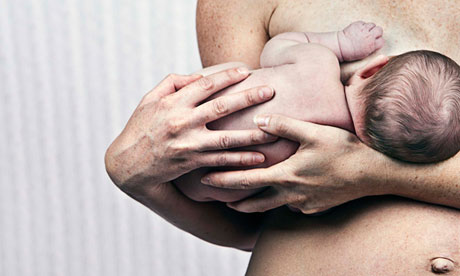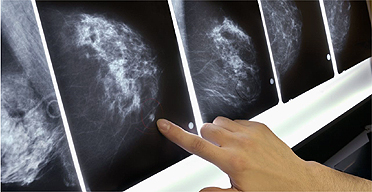Breastfeeding is so protective against breast cancer that it can delay the onset of the disease by 10 years – but only among women who do so for over six months and do not smoke, new research has found.
The authors of a Spanish study of 504 female breast cancer patients aged 19 to 91, published in the Journal of Clinical Nursing, say that cases of the disease could be cut dramatically if many more women breastfed.
"Breastfeeding for periods of over six months not only provides children with numerous health benefits, but also protects the mother from serious diseases such as breast cancer," says the research, led by Emilio González-Jiminéz of the University of Granada.
Non-smoking women who breastfed their baby for at least six months were diagnosed on average at the age of 68.4, more than a decade later than both non-smokers who had not breastfed or done so for less then three months who were diagnosed on average at 58 years, and non-smokers who had breastfed for between three and six months (57 years). Breastfeeding reduces a woman's risk of breast cancer by 4.3% for each year she does so, the authors say.
But female smokers who breastfed received no benefit in terms of when they were diagnosed with the disease, regardless of how long they fed their child naturally, the study found.
"Based on these findings, the incidence of this disease could be reduced from 6.3% to 2.7% if women breastfed their children for more than six months," the authors say. A move away from breastfeeding is a crucial factor behind an increase in breast cancer cases, they add.
The findings confirm the results of other studies. Both breastfeeding and pregnancy are thought to help protect women against breast cancer by reducing oestregen levels.









